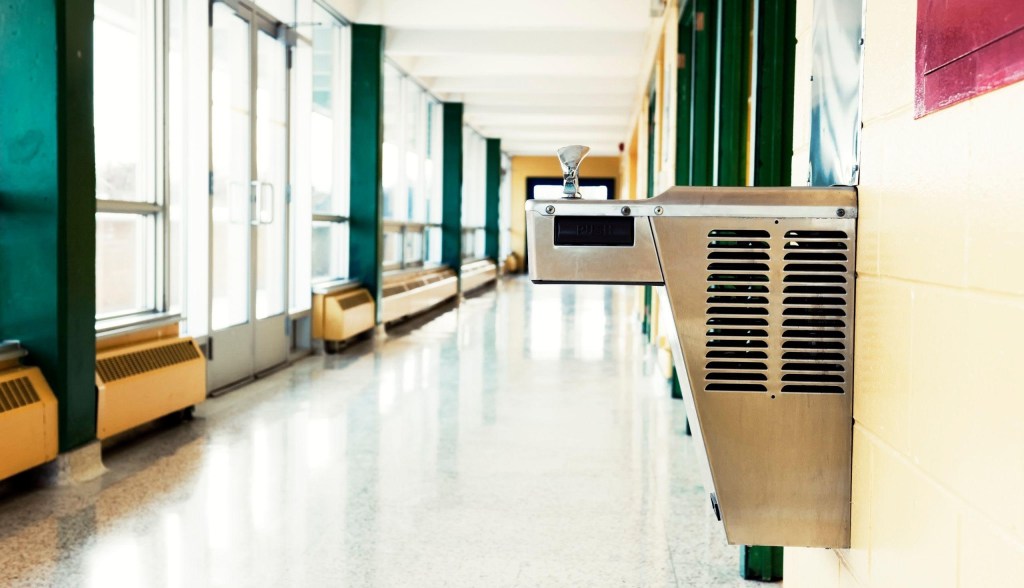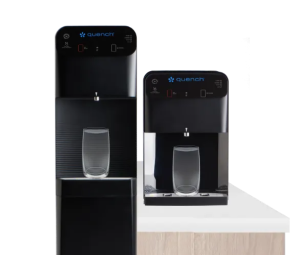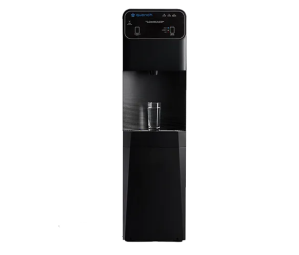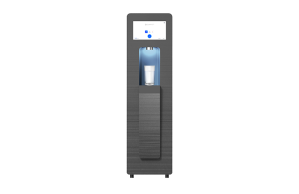
How to keep lead out of school drinking water
Access to clean drinking water in schools comes with many benefits. Generally, hydrated students have more energy and stronger immune systems. Yet, when school water is contaminated with lead, the health risks significantly outweigh the benefits.
Research shows many schools across the United States have too much lead in their tap water, but most don’t even have programs to test for it. And reports from schools that do test for lead are not promising. In fact, research from the Harvard School of Public Health and the Robert Wood Johnson Foundation found more than 44% of schools tested had one or more water samples with a lead concentration at or above the state’s action level. These results could translate to millions of kids facing lead exposure at their school every day.
Health issues associated with lead in school water
Lead in school water often comes from corroded water service lines that bring water into school buildings. Even if a small amount of lead gets into school water, the consequences could be serious. At the lowest levels, lead exposure can be dangerous, especially for children. The growing bodies of kids and infants absorb more lead than the average adult. So, a dose of lead that would cause little harm to an adult could have great implications on a child.
Even when a child’s blood lead level range is low, side effects can include:
- Behavior and learning problems
- Lower IQ and hyperactivity
- Slowed growth
- Hearing problems
- Anemia
To avoid these adverse health risks, the EPA has set the maximum contaminant level goal for lead in drinking water at zero.
How you can take action
The right precautions can keep students safe and give them the confidence to stay hydrated during school hours. Here are some ways you can protect them.
1) Check the status of your school’s water.
First and foremost, you want to find out when your school’s water was last tested for lead and other contaminants (if it ever was). The EPA recommends that homeowners test their water for contaminants once a year. There is no coherent policy for lead testing in schools, however. If you are worried there might be lead in your school’s drinking water contact your water utility to have your water tested. You can also contact a local Culligan Quench Water Expert to gain a better understanding of the best filtration solutions for your school building.
2) Ask about the pipes in the immediate vicinity.
Your local water utility or a local plumber will be able to tell you whether the pipes that connect to your school’s main water lines are made from lead. You will also want to contact your local drinking water provider to find out if there are any construction or maintenance projects happening in the surrounding neighborhood. Construction may cause more lead to be released from lead service lines. Get more information about your local drinking water here.
School districts that require more funding to replace lead-based piping can check out this guide from the EPA to help identify potential funding sources for lead remediation and water quality-related projects.
3) Familiarize yourself with the 3Ts For Reducing Lead in Drinking Water in Schools.
The EPA’s 3Ts for Reducing Lead in Drinking Water – training, testing, and taking action – are intended to help you learn about lead in drinking water, develop a program, test for lead, communicate the results, and take action where needed. In addition to outlining things to consider when training, testing, and taking action against lead in school water, the 3Ts document explains how to craft a communication and recordkeeping plan once you implement your plans to get rid of lead in your school’s drinking water.
4) Advocate for point-of-use (POU) water coolers with advanced filtration.
Once you have taken the precautionary measures above, it’s time to add a final layer of protection: a POU water cooler with filtration that’s certified to reduce lead. As the name suggests, a POU water cooler treats at the place it is used. Many POU water coolers feature advanced multi-stage filtration systems, which reduce the risk of exposure to dangerous chemicals like lead. When it comes time to pick a POU water cooler that can protect your school against lead and other contaminants, the EPA recommends filters with the following NSF/ANSI certifications.
Certification Type |
Description |
NSF 42 (for advanced carbon filtration systems) |
Filters that are certified in accordance with NSF/ANSI 42 standards are ideal for addressing chlorine, taste, odor reduction, and material safety. Some NSF filters are for material safety and some filter for chlorine, taste, and odor (CTO). |
NSF 53 (for advanced carbon filtration systems) |
Filters that are certified in accordance with NSF/ANSI 53 standards offer a claim for lead reduction. The lead reduction claim must be present for evidence of efficacy. |
NSF 58 (for reverse osmosis (RO) systems) |
RO membrane is certified to NSF/ANSI 58 only for material safety, though the internal RO element is certified to many health claims, including lead reduction. |
A Culligan Quench Local Water Expert can help you find an NSF-certified POU water cooler with advanced filtration for your school. Schedule an appointment and one of our experts will follow up with you.
If you’re not ready to get on the phone with a Culligan Quench representative, try our quiz below to gain a better sense of the filtration solution available to you.
Take our quiz to see which POU water cooler is best for your school
Recommended products
Culligan Quench has an advanced suite of point-of-use systems that are designed to meet the needs of workplaces of all shapes and sizes. Here are some products we recommend for your business.
Q8 Touchless Bottleless Water Cooler
Available with quenchWATER+ electrolyte water

Q12 Touchless Bottleless Water Cooler
Available with quenchWATER+ electrolyte water

Q14 Bottleless Water Cooler
Available with quenchWATER+ electrolyte water